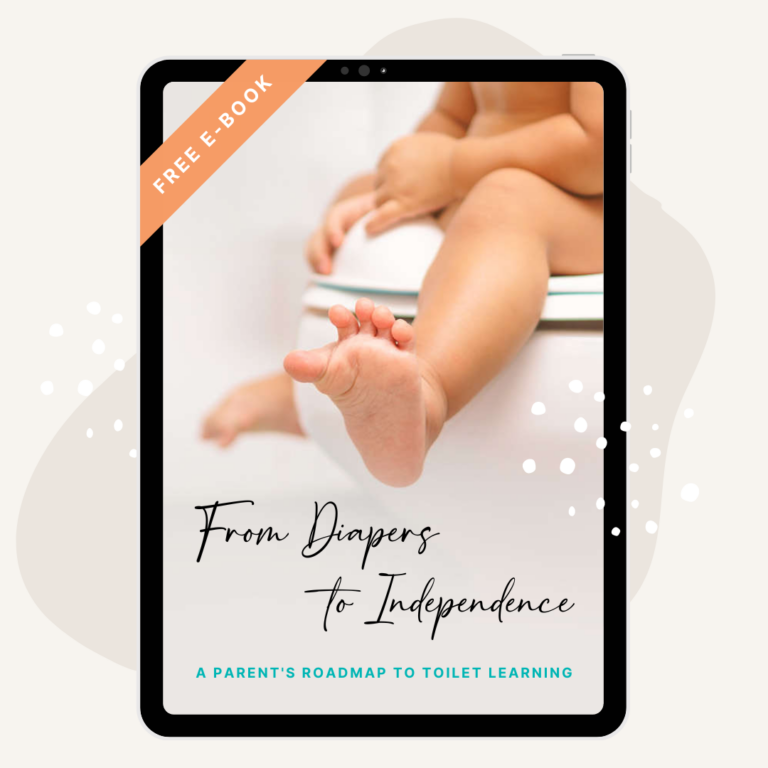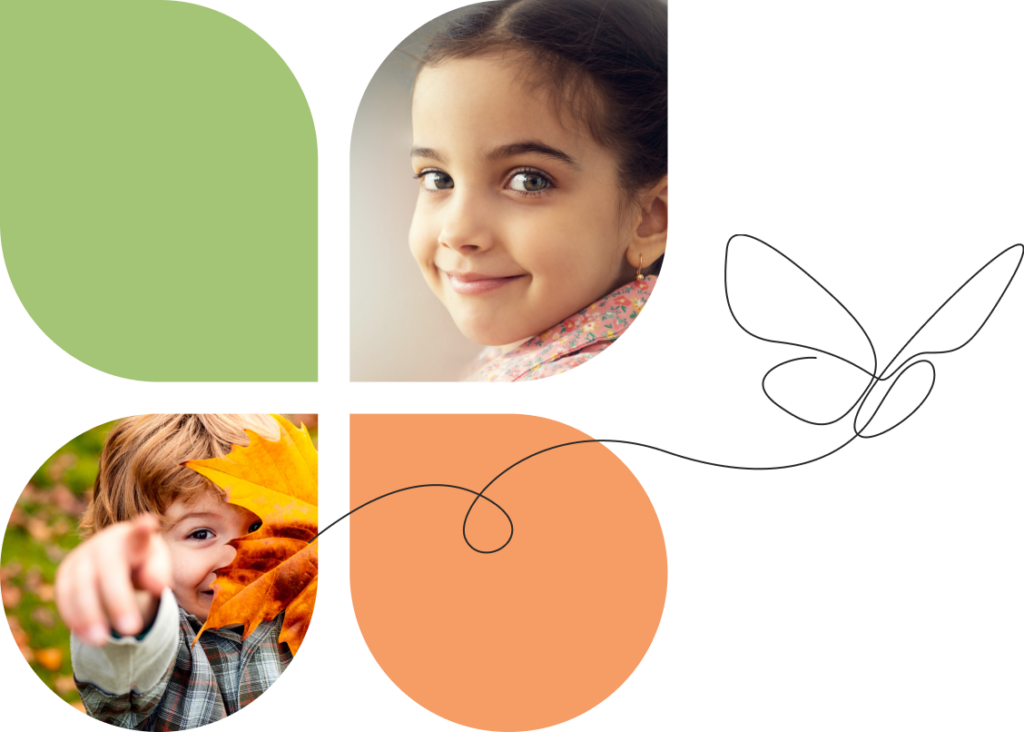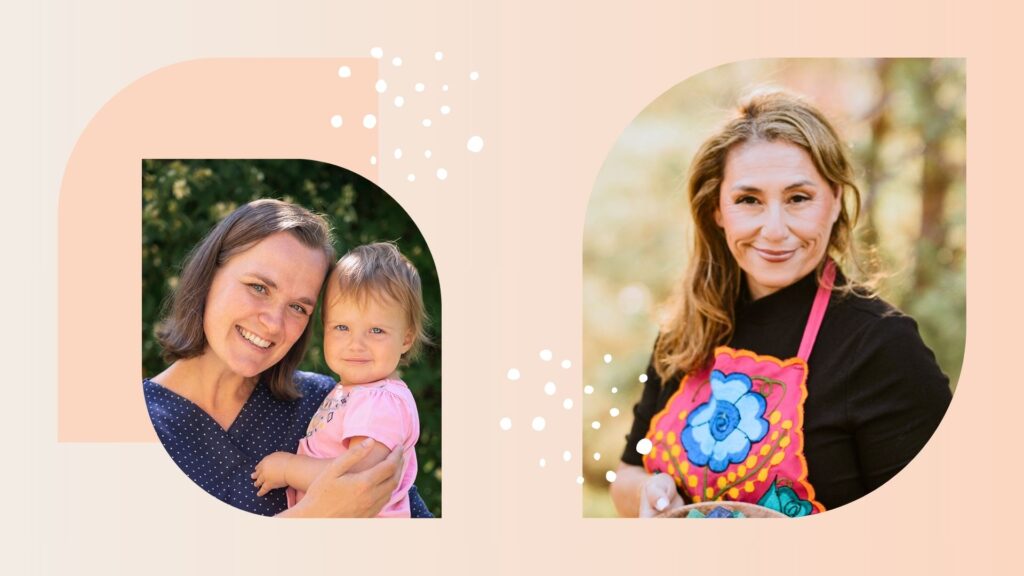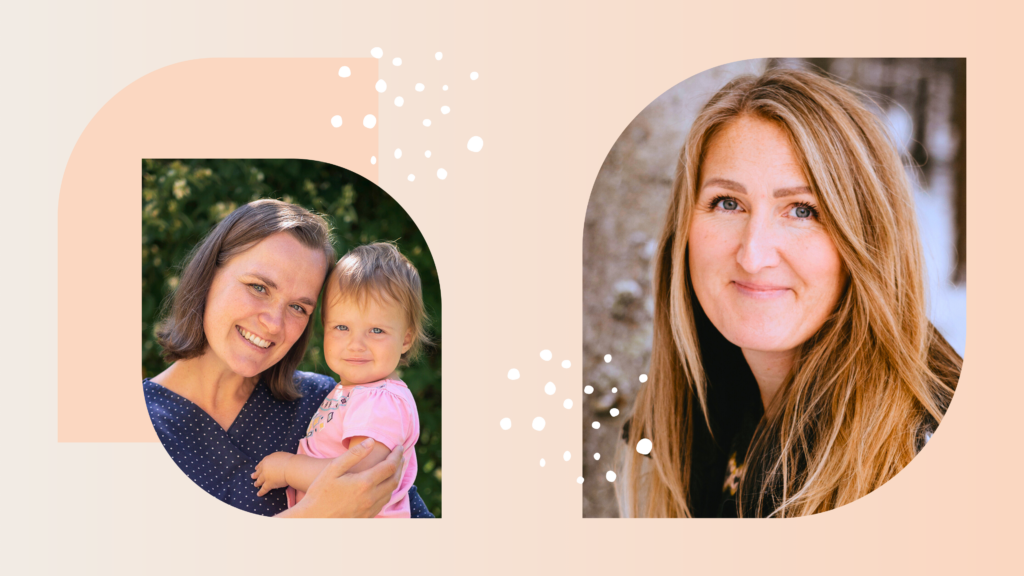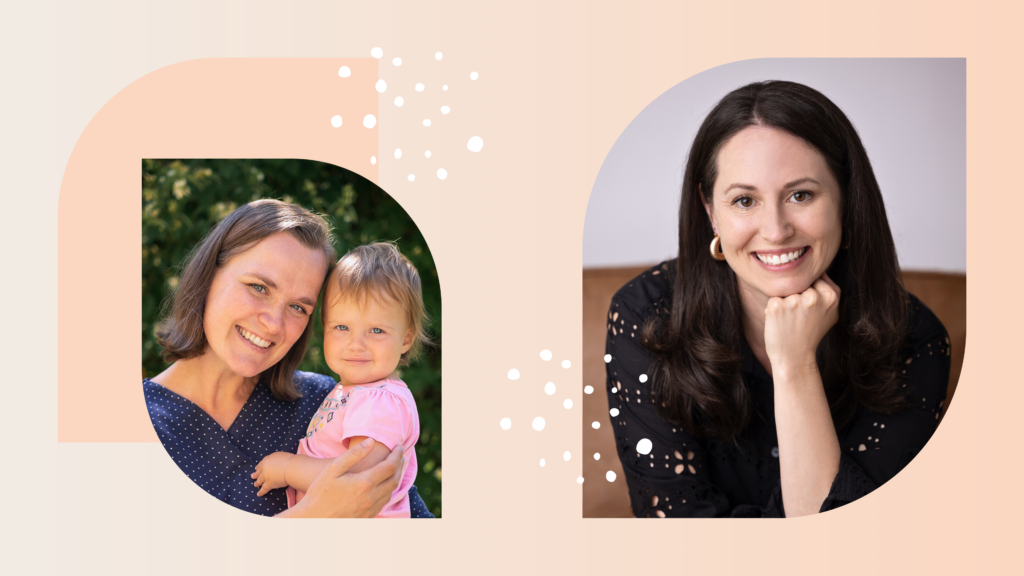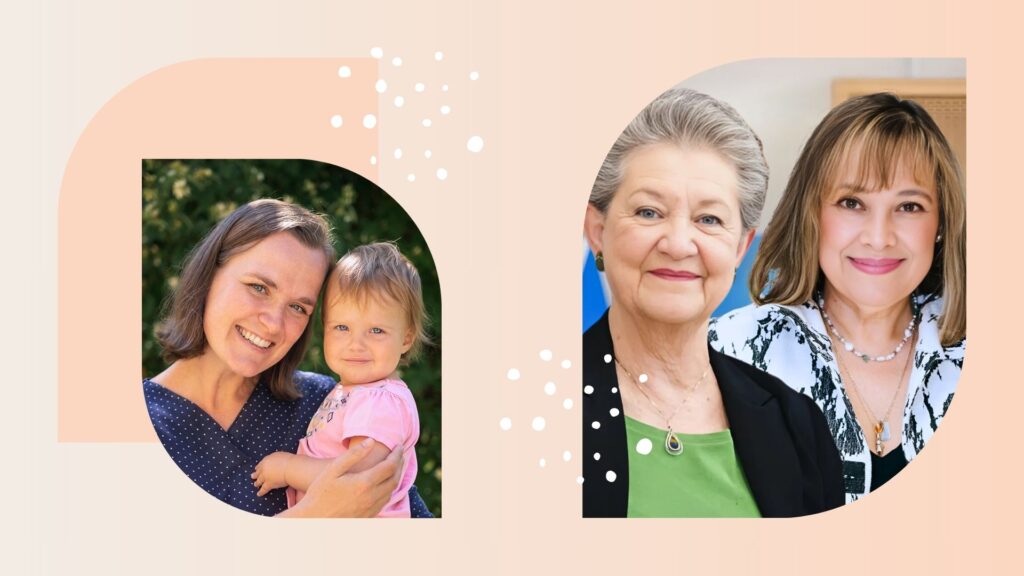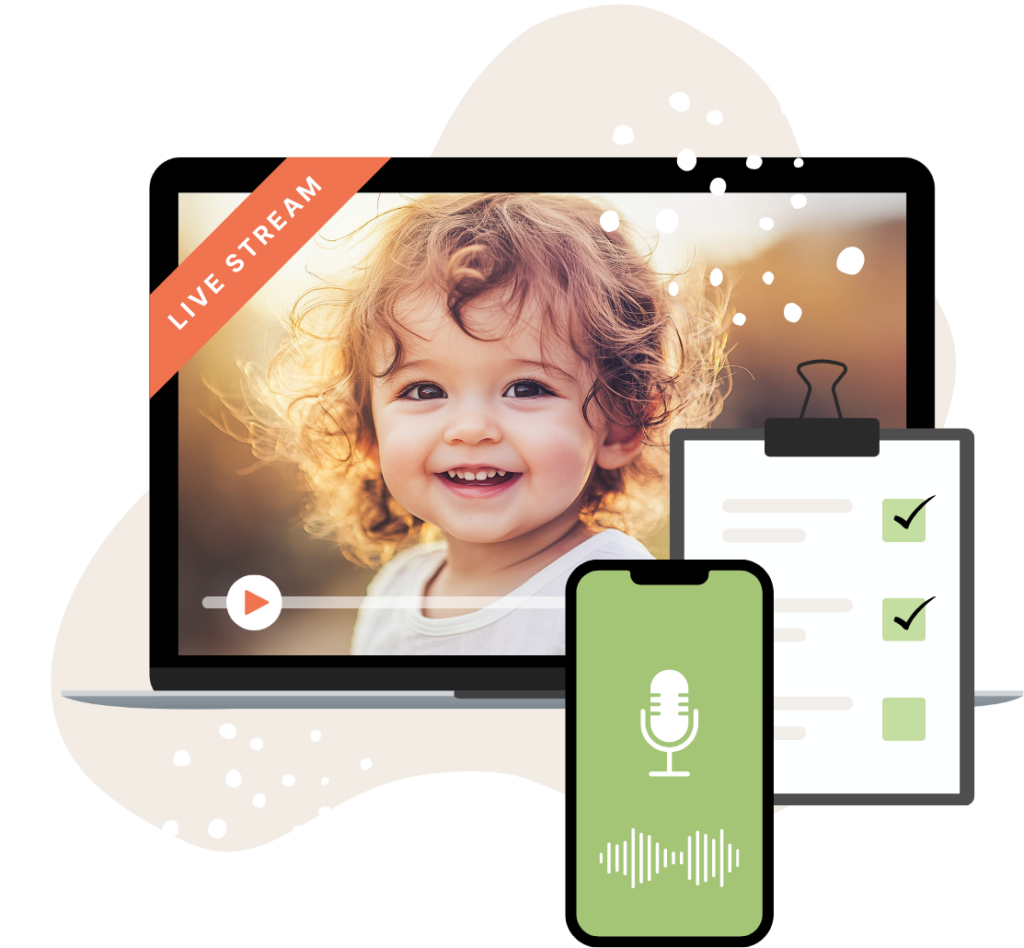Welcome to another enriching session of Journey to Independence! Today, we’re diving deep into a topic that’s gaining popularity among Montessori parents—floor beds. Join our host Sylvia Arotin and guest Katie Sullivan, an experienced Montessori educator and certified postpartum doula, in this discussion packed with insights and practical tips to help you introduce floor beds in your home. The whole LiveTalk is available in the Childhood Potential Club library.
Introduction to Floor Beds
Katie’s journey with floor beds began when she was pregnant with her first child. With limited resources, she turned to Maria Montessori’s teachings, particularly the book Montessori from the Start, to explore the concept of floor beds. Over time, she found that these beds offered numerous benefits, from easing the transition from arms to bed to fostering independence in children.
Benefits of Floor Beds
Floor beds align perfectly with the Montessori philosophy of nurturing a child’s autonomy. They allow children to move freely, getting in and out of bed on their own, which helps develop their sense of independence and self-regulation. Katie emphasizes that these beds make nighttime nursing simpler, allow for a smoother transition as the child grows, and is adaptable to fit every family’s needs.
Understanding Montessori Floor Beds
A Montessori floor bed is a low bed placed directly on the floor or on a low frame. Maria Montessori advocated for this setup because it empowers children to manage their sleep and wake times independently. This setup supports the development of understand one’s body, self-esteem and self-regulation—key components of the Montessori approach.
When to Transition to a Floor Bed
Katie suggests that the transition to a floor bed can begin as early as 3 or 4 months when babies start to roll and need more space. However, every child is different, and some parents may choose to transition their child at birth, 6 weeks, or even later. For older children, such as toddlers and preschoolers, the transition is equally beneficial. The key is to involve the child in the process to foster a sense of ownership.
Safe Sleep Practices and Childproofing
Safety is a top concern for parents considering floor beds. Katie stresses the importance of following evidence-based safe sleep practices. This includes using a tight fitted sheet, avoiding loose blankets or pillows for infants and young toddlers, and always placing the baby on their back to sleep. Additionally, childproofing the room is essential—secure furniture to the walls, manage electrical and window treatment cords, and ensure the environment is safe for a mobile child.
Shift from frustration and challenges to opportunities for growth and confidence in your child’s toilet learning journey thanks to our Parent’s Roadmap to Toilet Learning the Montessori way.
Transitioning Older Children to Floor Beds
Katie reassures parents that transitioning older children to a floor bed is perfectly feasible. She highlights the importance of having a structured plan and clear consistent boundaries. Involving children in the planning process, especially those aged 3-4 years, fosters cooperation and helps them adjust to their new sleeping environment.
Ensuring Good Sleep with Floor Beds
To ensure your child gets enough sleep, Katie recommends establishing a consistent bedtime routine with clear sleep cues. Start the bedtime process early, before your child becomes overtired, and maintain a predictable routine. Children thrive on consistency, and a well-structured routine helps them feel secure, making it easier for them to adapt to the floor bed.
Q&A and Final Thoughts
Katie’s discussion offers a wealth of knowledge for parents considering the transition to a Montessori floor bed. By trusting in your child’s abilities, maintaining consistent routines, and creating a safe and supportive environment, you can foster your child’s independence in sleep. The Q&A session provided even more tailored advice, addressing common concerns and questions from parents.
We hope this overview has empowered you with the knowledge to explore and implement Montessori floor beds in your home. Thank you for joining us on this journey to independence with Katie Sullivan.
About Katie Sullivan
Katie Sullivan, M.Ed, CPPD, is founder of Parenting Doula- an early parenting and sleeping consulting business, a Montessorian, and a mother of two! Over the nearly twenty years she has studied and worked with young children both in and out of the classroom, she earned a master’s degree in early childhood education, an AMS primary credential, and a postpartum doula certification. She enjoys providing parent and teacher education with special love and appreciation for the infant and toddler stages.
